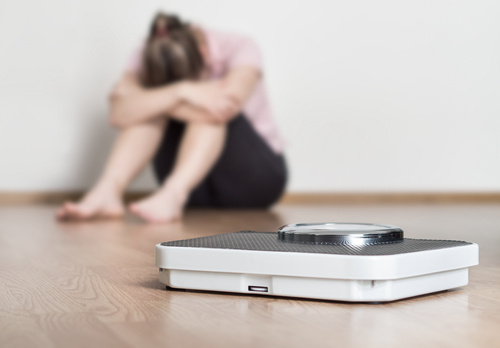How To Find Help for Ativan Abuse
Ativan is the brand-name medication for lorazepam, which is a highly potent sedative. It belongs to a class of drugs called benzodiazepines. Benzodiazepines work by acting on chemicals in one’s brain to reduce anxiety. Specifically, Ativan works by adjusting the chemical in one’s brain and effectively increasing the availability of GABA (gamma-aminobutyric acid) in one’s brain. GABA is an inhibitory neurotransmitter that blocks certain brain signals and reduces activity in the nervous system, which in turn produces tranquilizing, calming effects on one’s body and mind. Ativan is most commonly used to treat depressive disorders and anxiety disorders. It is also prescribed as a muscle relaxant, and to help with symptoms associated with restless leg syndrome, and alcohol withdrawal. Ativan is classified as a Schedule IV Controlled Substance by the United States Drug Enforcement Administration (DEA), which is defined as a substance “with a low potential for abuse and low risk of dependence.” As is true for all prescribed medications, Ativan use should be restricted to those to whom it is prescribed, and if abused can lead to severe short and long-term effects.
Where To Turn
There are countless resources available for an individual in need of help for Ativan abuse, which for some can make securing assistance seem like an overwhelming feat. An excellent place to start your search is to consult your primary care physician, as they will be able to point you in the right direction, and many may even offer recommendations from within their professional network. There are fantastic online resources that offer curated lists containing qualified mental health providers (e.g. Psychology Today). In order to secure the most effective support, an individual should get professional guidance from a qualified mental health and/ or substance abuse clinician.
Treatment
Every individual is unique and will require a customized treatment plan when it comes to Ativan abuse and/ or an addiction to Ativan. The effects of Ativan are experienced as a direct result of the medication adjusting the neurotransmitters in one’s brain. An individual’s body and mind will eventually become accustomed to functioning with the presence of Ativan and its absence will cause a physical reaction. These manifest as withdrawal symptoms (e.g., nausea, vomiting, diarrhea, hallucinations, muscle aches, seizures, etc.). Individuals that struggle with Ativan abuse are encouraged to undergo supervised detox (the process that rids one’s body of foreign substances). This can help ensure the safety of the individual during the detox process. Subsequent substance abuse and/ or addiction treatment is recommended upon completion of the detox stage. Depending on the needs of the individual, he or she can select from a variety of options, including inpatient treatment programs and outpatient treatment programs. Regardless of the format selected, most treatment programs offer tailored treatment plans to ensure the nuanced needs of the individual are accommodated.
For Information and Support
Substance abuse and addiction can be incredibly dangerous and can result in severe short and long-term consequences. If you or someone you know is suffering from substance abuse or addiction, please get help as soon as possible. The earlier you seek support, the sooner you and your loved ones can return to leading happy, healthy, and fulfilling lives. There is no reason to go through this alone, and we are here to help. Please feel free to reach out to us for further information or with any questions regarding substance abuse or addiction. We are available anytime via telephone at: 213-389-9964, or you can always email us at: info@friendlyhousela.org.



